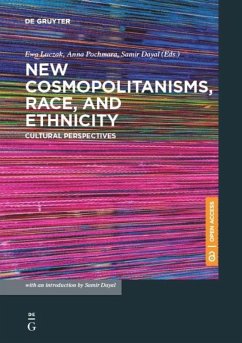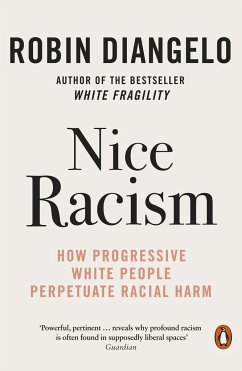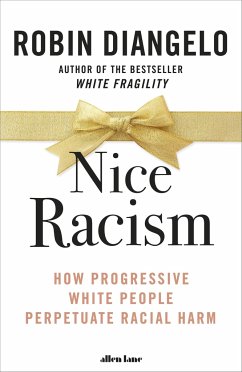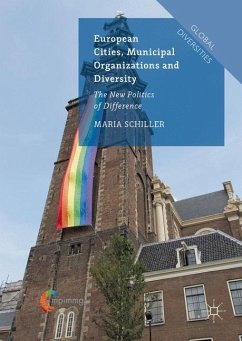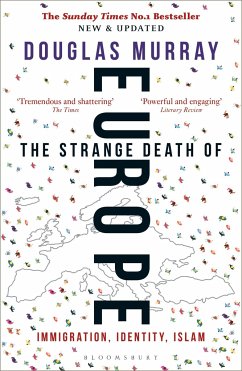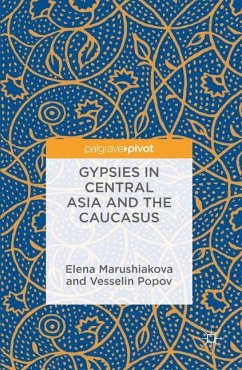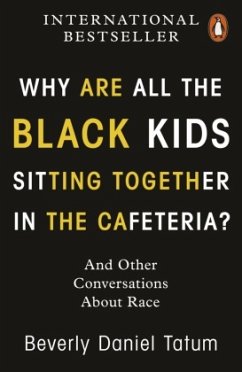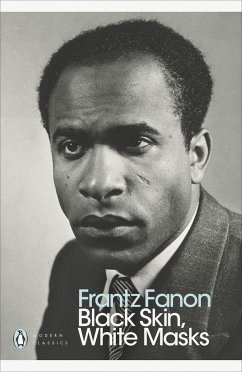
Race, Ethnicity and Education in Globalised Times
Versandkostenfrei!
Versandfertig in 6-10 Tagen
76,99 €
inkl. MwSt.
Weitere Ausgaben:

PAYBACK Punkte
38 °P sammeln!
This book provides a research narrative of the way an urban school community speaks about race and ethnic relationships in times of change. It analyses the history of multicultural policy and practice in Australia. Coverage also discusses the struggle to understand identity and race and cultural difference and presents a comprehensive methodological framework to explore the complex interactions that shape race and ethnic relationships.
What is the speci?city of contemporary racism? And what happens to questions of race in a context where multiculturalism is taken for granted. Few authors address these kinds of questions with subtlety. For the most part, questions of racism are treated either as self-evident or alternatively as self-evidenced. The?rstapproach,accentuatedineverydaylife,andplayedoutinmediaexposés, is the tendencyto treat racism as manifestly self-evident. We just know what racism is in principle, and we just know what it looks like when we see it in practice. Dualistic assumptions dominate this sense of identity relations - persons are racist or they are not; an act is racist or it is not. However, despite the obviousness of racism in contexts where different people have different seating arrangements on a bus, or somebody says "I am better than you because your skin-colour is different", this approach barely comes to terms with the depth of embodied politics and the elusiveness of structures of racism in the contemporary world.





